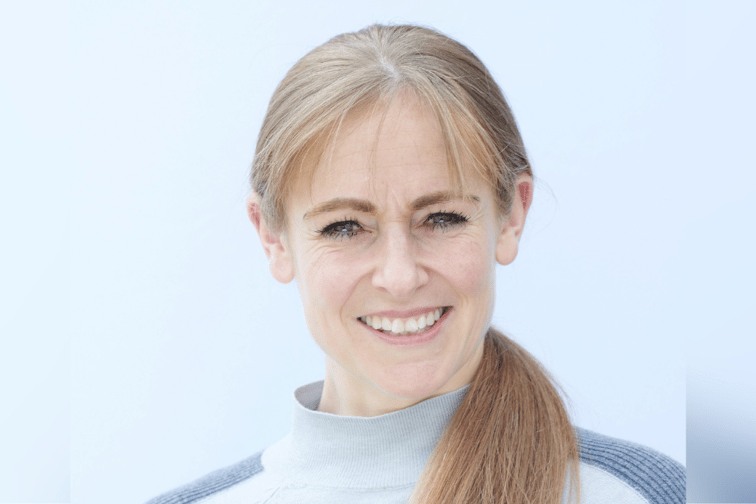

Emily Kenna (pictured), director at Sense Risk Solutions, is set to join the Society of Insurance Broking (SIB) board, but earlier in her career she almost said ‘goodbye’ to the industry. A big advocate for mandatory broker qualifications, drawing on her own experience, Kenna said she believes they could be the key to retaining fresh talent.
“In the early days I did try and get out of insurance and that’s partly why I advocate for mandatory, qualifications because when I think back to my early career, it felt like there was no structure,” Kenna told Insurance Business.
“I felt a little bit like it was sink or swim, and it was quite hard to get that knowledge base.”
For Kenna, qualification requirements would give talent entering the sector a more “solid foundation” and take out a lottery element for new starters.
“We can make sure our talent pipeline coming in has got that foundation knowledge through qualifications rather than learning on the job, where they might get an amazing teacher or they might not, it all depends on what role they fall into and the support that they’re given,” she said.
“Whereas the exam structure, the books that you read, the assignments that you do, you’re having to think, you’re having to read into things, you’re having to research things.”
Kenna, part of the SIB’s Next Generation Broking group that put together research on mandatory qualifications in 2022 but speaking as an individual, also flagged the need for an insurance broking cultural shift. Namely, from a sales to an advice-led approach.
“I do wonder sometimes if the sales culture of always sell everything and not really thinking about what we’re selling is right when [the package] isn’t right for that customer,” Kenna said.
“If we make sure our people truly understand what they’re selling, then they’re going to advise those people better to think about the risks – what are they buying, and what does it actually cover?
“Because we know insurance doesn’t cover everything.”
Kenna said she frequently gets client calls asking for a policy that covers “everything”, and a major piece of the broking puzzle can be educating customers on what insurance is and isn’t designed for.
One big recent issue that, for Kenna, illustrates the importance of qualified advice, is businesses’ COVID-19 experiences.
While insurers have so far paid out more than £1.2 billion for COVID business interruption claims according to Financial Conduct Authority figures, many policies were not triggered. Some clients who were not in line for a payout remain “frustrated” on this, and greater education requirements and understanding could have helped some brokers better navigate the “fundamental risks” issue, Kenna said.
“It’s educating that client base to understand what insurance is there for and what it’s not there for,” she said.
With the industry facing up to a talent conundrum, Kenna mooted that mandatory insurance broker qualifications would put the industry on a more even footing with other professions that do require a set level of professional education and make it a more attractive destination.
“I’ve always felt like we’ve not done it right, and we need to do it right,” Kenna said. “The sector could showcase that we are a really vital advisor, particularly to small businesses, like their accountants are, and they really need that advice and guidance.”
Clients may already expect their brokers to have qualifications. The August 2022 Next Gen Group survey of 84 individuals found that 70% of respondents believed the minimum requirement for insurance brokers was a professional insurance qualification.
While the director was buoyant on mandatory insurance broking qualifications as the solution to a potential talent headache, and enhancing the industry’s standing with customers, Kenna said she believes it would be important to cater to people with different learning styles to make sure that nobody is excluded.
“Because my son is severely neurodiverse, it does often make me think about how we teach people the qualifications,” Kenna said.
“I’ve spoken to the Chartered Insurance Institute about this in the past, that not everybody learns by reading big textbooks, and I think what would empower development would be to do more around video content.
“Visualisation is a really powerful thing, and something we should be promoting, because we want people to succeed in these qualifications, and we want them to learn that information and retain that information.”
